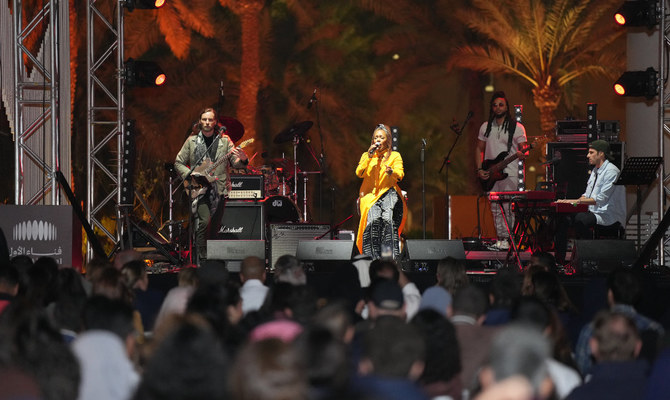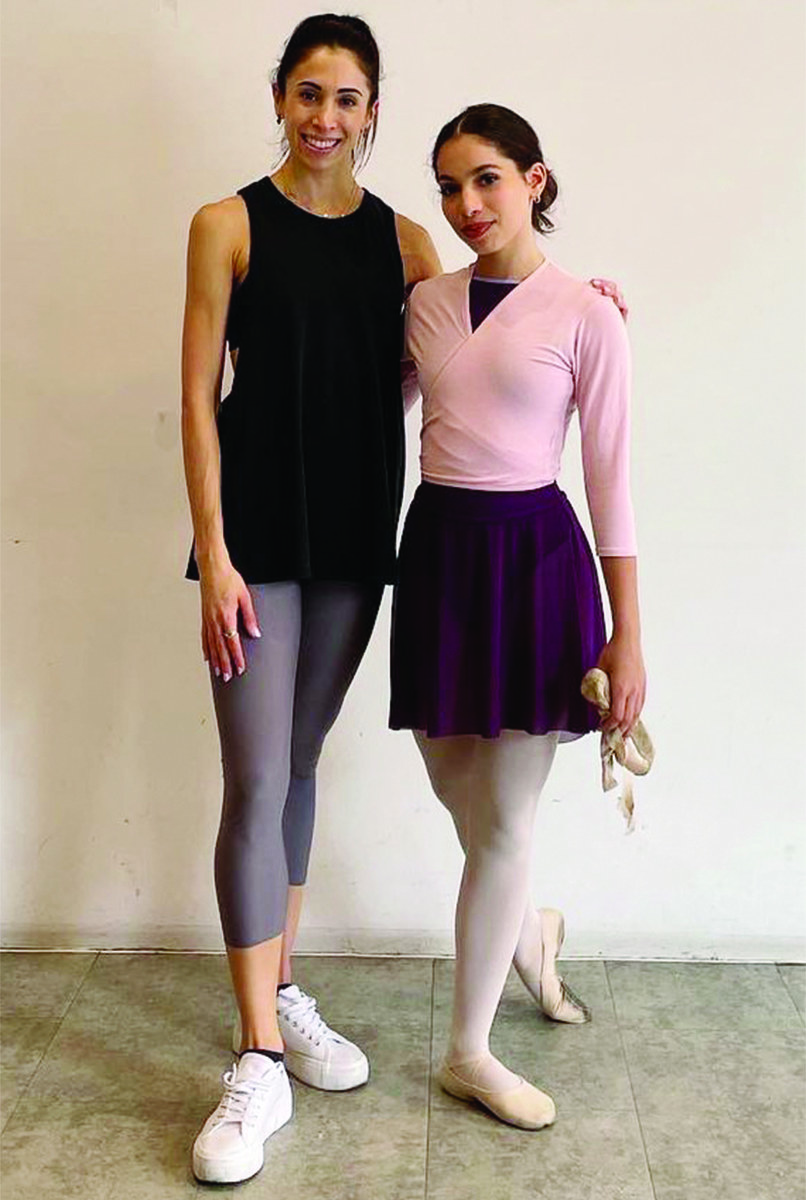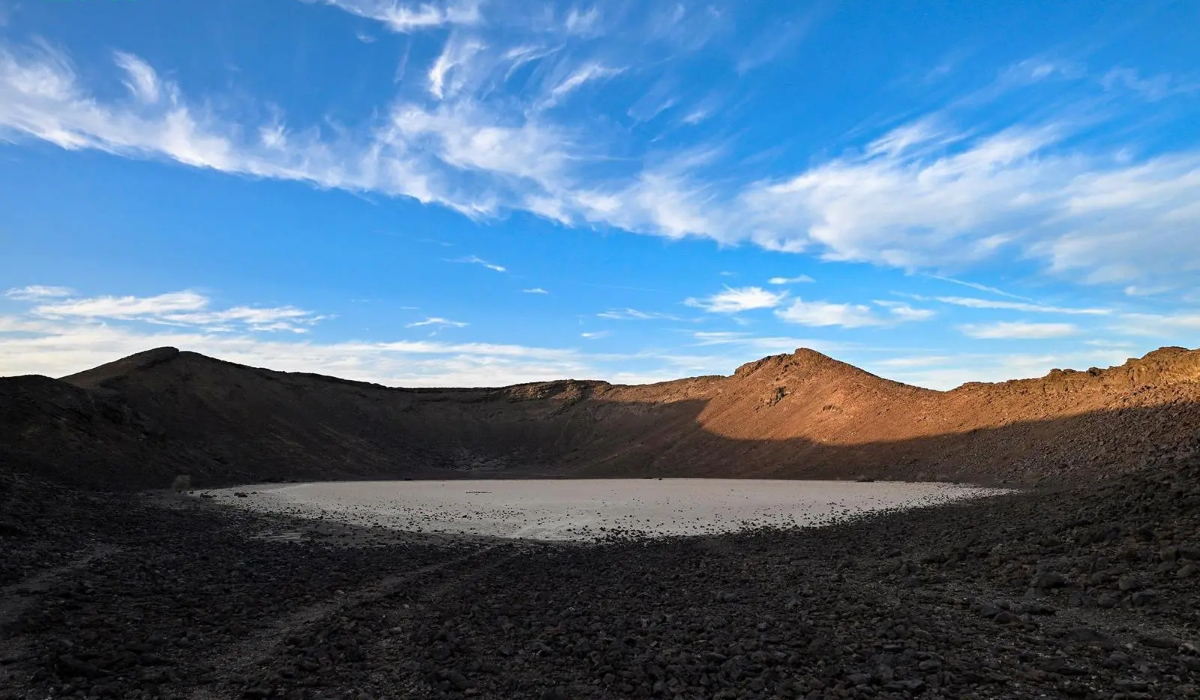RIYADH: US singer China Moses wowed the audience when she took to the stage in Riyadh.
The musician’s performance was the third of cultural and creative hub Fenaa Alawwal’s Safar Nights concert series.
She was joined by band members Jerome Cornelis on guitar, bassist and musical director Lawrence Insula, Tom Lartigue on keyboards, and Ebow “Lox” Mensah on drums.
After the show Moses told Arab News: “The crowd was lovely and so warm and welcoming. You just never know how the music is going to connect, and I really felt at the end that it was a choir — we were a family at the end.
“That makes me very happy. I’m overjoyed actually right now,” she added.
The 46-year-old songstress captivated the Riyadh crowd with her vocals, original compositions, and heartfelt moments.
Raised in France, she sang several of her most popular tracks including “Etre la-bas” and had fans grooving to improvised tunes such as one she described as having a barbecue tempo.
Introducing “Disconnected,” she told the audience: “This song is about getting together just like we are and just feeling the vibe, just feeling alright. So, if your feet are moving, and if your head is grooving, then that means we’re doing our job.
“We want to take a moment to celebrate our roots. With this song we’re going to celebrate Tina Turner and Al Green,” she said, before performing a cover of “Let’s Stay Together.”
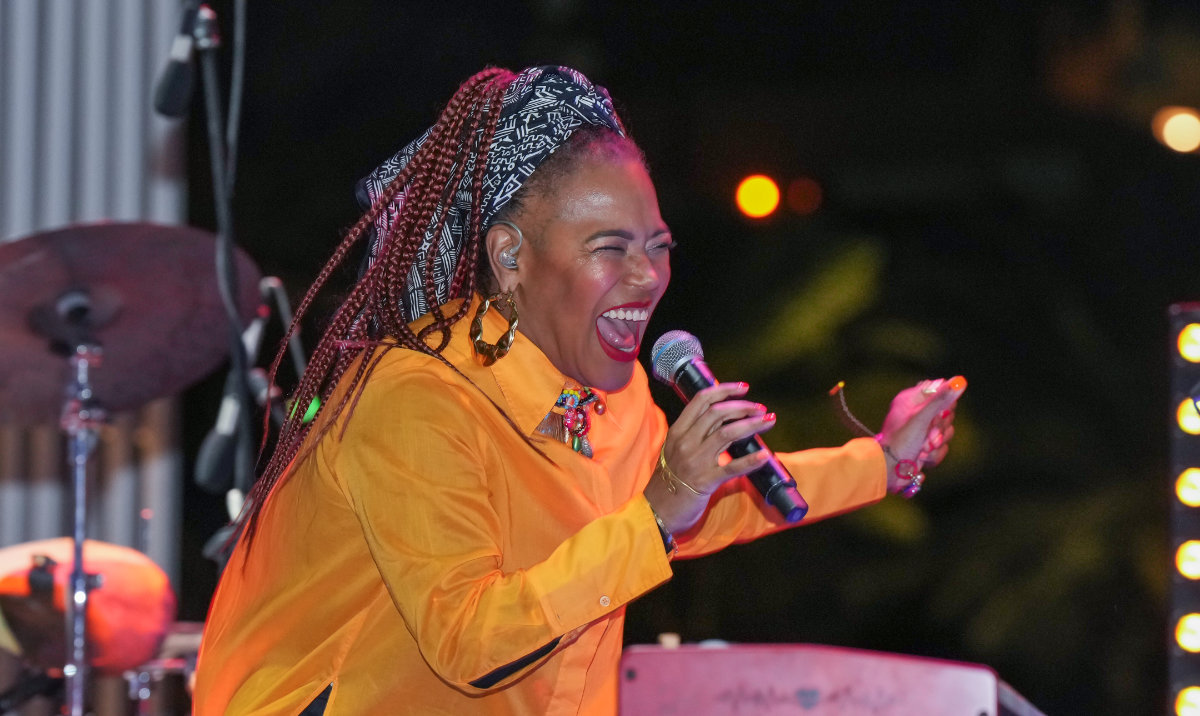
The 46-year-old songstress captivated the Riyadh crowd with her vocals, original compositions, and heartfelt moments in Riyadh on Tuesday. (Supplied)
She also paid tribute to other Black musicians with renditions of Chaka Khan’s “I Feel for You,” written by Prince, and “I Wanna Dance With Somebody” by Whitney Houston.
Moses’ music tackles many subjects including life, love, social encounters, pain, loneliness, and even modern societal issues such as mass shootings.
Quoting the late American singer Nina Simone, she said: “It is an artist’s duty to reflect the times.” She then sang “Sirens,” a song that she noted helped to purge the feelings of disbelief and pain after the 2015 Paris terrorist attacks, and the Colorado Springs’ Club Q bar shootings in 2022.
A storyteller by nature, she uses her voice to platform both tribulations and celebrations of the African American experience.
The daughter of American jazz singer and actress Dee Dee Bridgewater, Moses blends several genres into her repertoire including blues, rhythm and blues, soul, and funk.
“There are so many different kinds of jazz, and so many different layers. Some of the stuff I did tonight was not planned. It’s a music of freedom. It is the music of my Black American heritage but, more importantly, a music that was a gift from such a horrible period in humanity,” Moses added.
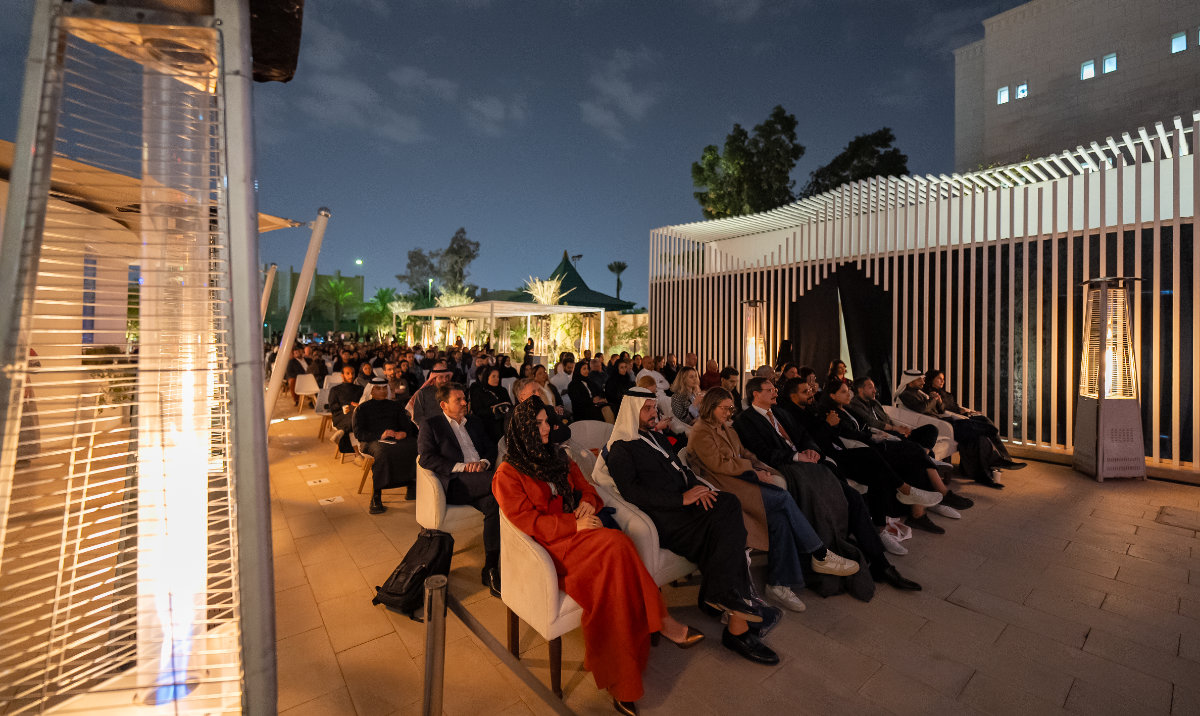
The 46-year-old songstress captivated the Riyadh crowd with her vocals, original compositions, and heartfelt moments in Riyadh on Tuesday. (Supplied)
She pointed out that she always aimed to send her audiences home with joy and hope in their hearts.
Jazz emerged in New Orleans, influenced by spirituals and the slave experience of the African Americans in the US, the sounds of which were also rooted in ragtime and blues incorporating improvisation and syncopated rhythms. It led to various subgenres such as bebop, cool jazz, and fusion.
Moses said: “Who separated the jazz and the blues? Because that’s the same people who made both, and all those people would go to church. And if you don’t explain it that way, you don’t understand Black American society.
“You can’t understand why Black American church is so important. You can’t understand why jazz can sound so warm and round and rugged and raw, like the blues. And you don’t understand why the blue sounds so simple.”
Saudi Arabia has recently hosted top artists including R and B and soul singer Alicia Keys, rapper Lauryn Hill in AlUla during Saudi Founding Day celebrations, and queen of funk Chaka Khan (a close friend of Moses’ mother) who performed at Riyadh’s first International Jazz Festival earlier this month.
“I’ve played in a lot of places in the world I never thought I would play because I do Black American music. I think that that’s a testament to the power and universality of it.
“Alicia Keys is a universal person. We have the same message, we just express it in different ways because we’re different people,” Moses added.
Starting her career at the age of 16, Moses said she had never imagined performing around the world, hosting two radio shows, and becoming a co-founder and artistic director to both the Tahiti Soul Jazz festival, and Paris Soul Fest.
On her advice to the rising talents on the Saudi music scene, Moses said: “Be yourself, and don’t be afraid to explain. The music is enough, of course. But don’t be afraid to talk to the audience.
“Whether you choose to express yourself through spoken word, sung word, or no words with your voice, you’re communicating. For me, the most important thing is to do the best with what you have. There’s beauty in all of us,” she added.



